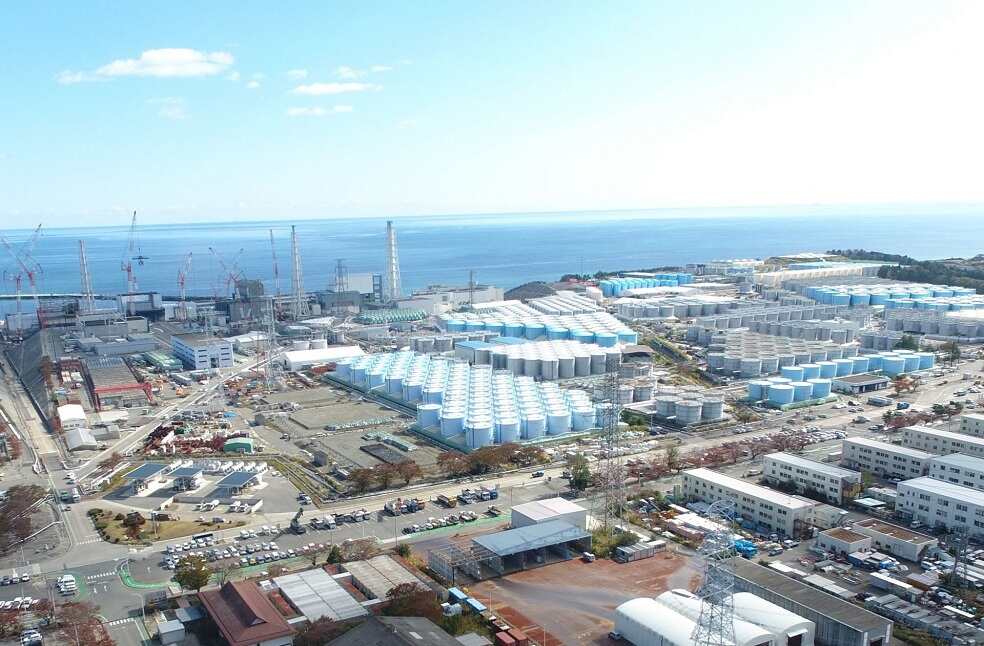Japan: The Japanese government has stated that the tests of seawater near Japan’s Fukushima nuclear power plant have not detected any radioactivity. The statement comes days after authorities began discharging treated water, which was used to cool damaged reactors, into the sea. It is seeking to ease the worries of neighbouring nations and fishing communities regarding the discharge of treated water from the plant into the ocean.
Japan will publish weekly test results for the next three months. According to reports, more than a million metric tonnes of water stored at the nuclear plant will be discharged over the next 30 years. It has been accumulating since 2011, when the plant was badly damaged by a tsunami.
Japan remarked that the water is safe, and the UN’s nuclear watchdog has approved the plan, but critics say the release should be stopped.

The water is being filtered to remove most radioactive elements, then diluted to reduce levels of tritium, a radioactive isotope of hydrogen that is difficult to separate from water.
The Environment Ministry commented that samples from 11 locations near the plant showed tritium levels below 7-8 becquerels per litre, the lower limit of detection. “The water would have no adverse impact on human health or the environment,” the Ministry added.
The test results came after China described the discharge as an “extremely selfish and irresponsible act”. The country said it would block all imports of Japanese seafood. There has also been opposition to the release of water in South Korea, as protesters in the capital, Seoul, attempted to storm the Japanese embassy.



